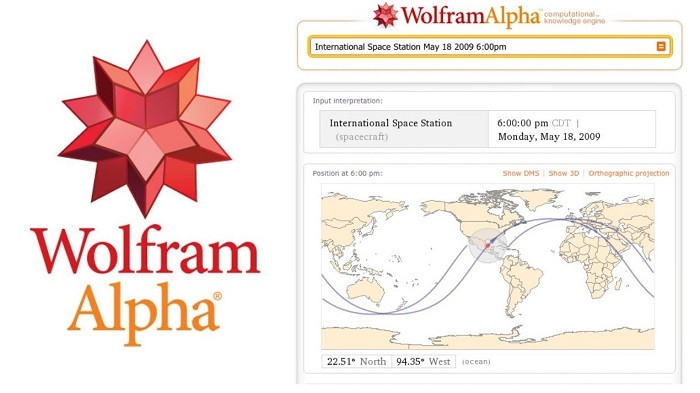

Sure, a full commercial license is not cheap, but if you have one of these licenses, you (probably) have a job and the time saved by using Mathematica makes it worth every penny. I don't understand why people think that Mathematica is expensive. (and more)Īnd I feel like I won't ever have to pay for Mathematica, because I could just use Wolfram Language for free. I've been using it for a few days now and it's just what I imagined Mathematica to be. So I searched for alternatives again and stumbled upon WolframCloud and Wolfram Engine.

So I searched for alternatives and since I love Python I started to learn more about SageMath.īut quickly I figured it just isn't as well designed as I'd like it to be. Often it just wasn't enough to solve a problem I had. I used WolframAlpha for many calculations while studying, but I always found it quite rigid. I heard of Mathematica ever since I started studying physics 2 years ago and I was always kind of sad that it is so expensive. Why didn't the new business model for distributing Wolfram Language change the business model of Mathematica?Īnd why isn't Mathematica free to use? My Background: So what am I missing about Mathematica that makes it reasonable to pay for it? I would think of Mathematica to be kind of like an IDE.īut nobody would pay hundreds of dollars just for an IDE. It seems like you gain practically very little by paying for Mathematica. My Question here is why there are different payment models for Mathematica, WolframCloud and WolframEngine? Is Mathematica an Implementation of the Wolfram Language?Įven though I still can't grasp concretely what the differences are.Can Wolfram Engine do more than Mathematica?.The differences of Mathematica and Wolfram Engine/Wolfram Language are discussed at other places. Finance, Statistics & Business Analysis.


Wolfram Knowledgebase Curated computable knowledge powering Wolfram|Alpha. Wolfram Universal Deployment System Instant deployment across cloud, desktop, mobile, and more. Wolfram Data Framework Semantic framework for real-world data.


 0 kommentar(er)
0 kommentar(er)
